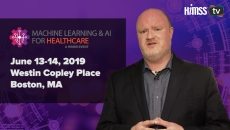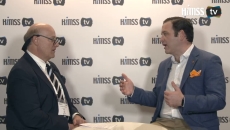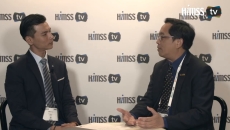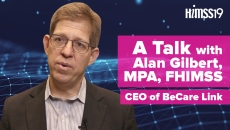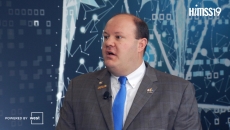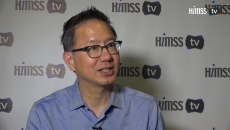artificial intelligence
The Boston Machine Learning & AI for Healthcare event focuses on helping healthcare organizations harness the power of AI and machine learning.
Clinicians are looking forward to the benefits of AI, which will become effective in two to three years, says Mahmoud Saleh El Halik, the head of Health Informatics at Latifa Women and Children's Hospital.
Esteban Rubens, global principal for enterprise imaging at Pure Storage, says data hubs can help organizations get more value out of healthcare data by breaking down data silos.
Josh Gluck, VP of Global Healthcare Technology Strategy at Pure Storage, says there is finally a realization of where AI can have the most impact, and that is in fields such as radiology that have a wealth of data that can be used.
Dr. Nares Damrongchai, CEO of the Thailand Center of Excellence for Life Sciences, on how breaking down silos to bring together different agencies doing advanced work can achieve greater goals.
AIdoc's tool flags potential cases of pulmonary embolism to ensure prompt review and intervention.
BeCare Link is using artificial intelligence to better manage multiple sclerosis patients and lower fall risk, says Alan Gilbert, CEO of the digital therapeutic company.
Also: Clarigent Health, Children's Home of Cincinnati launch app pilot; Demo version of ambulatory care app released for free.
The Regenstrief Institute is automating the delivery of data into dashboards to reduce the burden of professionals looking at population data, according to Health Informatics Director Brian Dixon.
Ian Z. Chuang, chief medical officer at Elsevier, says in a traditional model, research to bedside takes an average of 17 years. With machine learning and other new technologies, there needs to be a shorter timeline.
